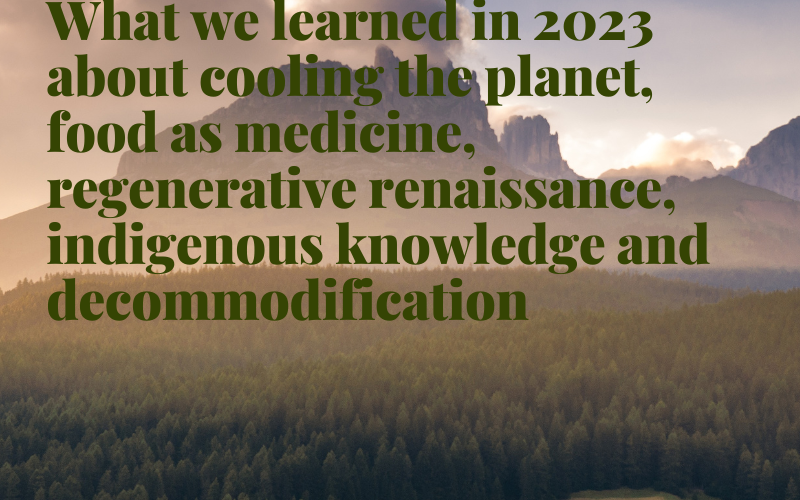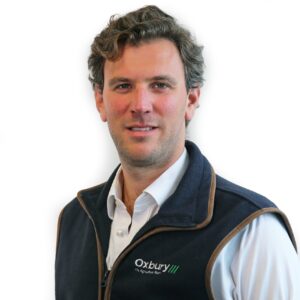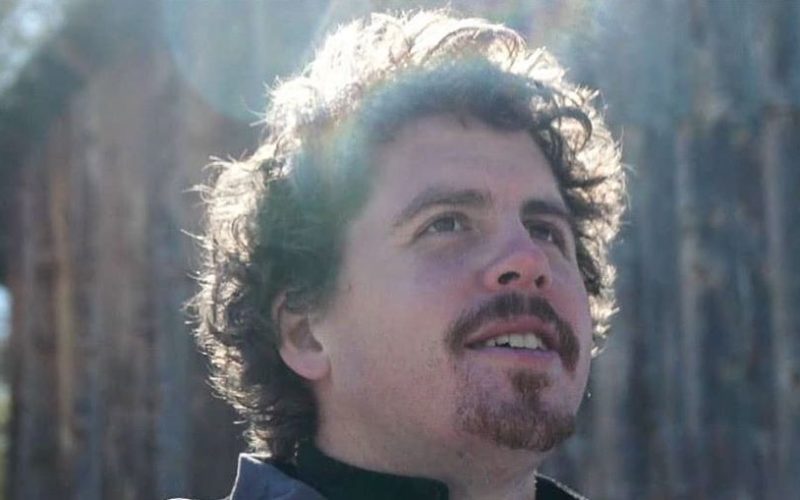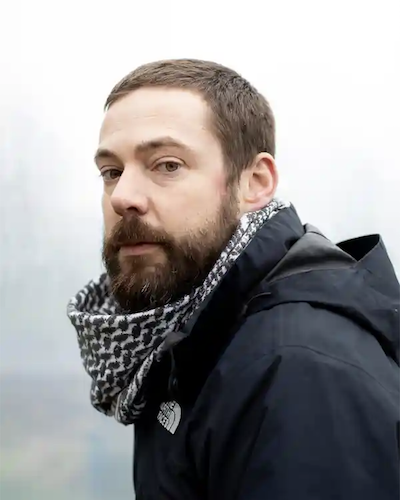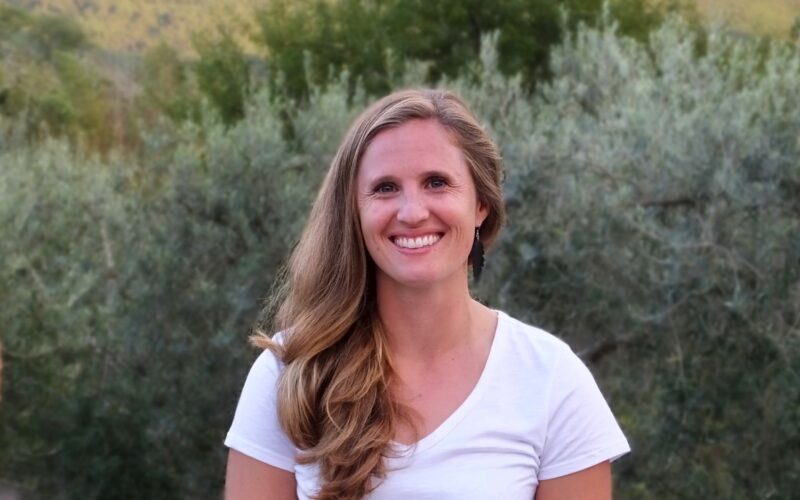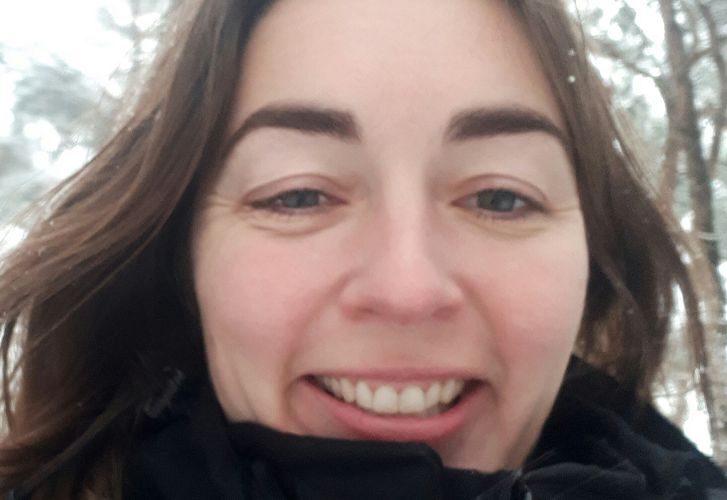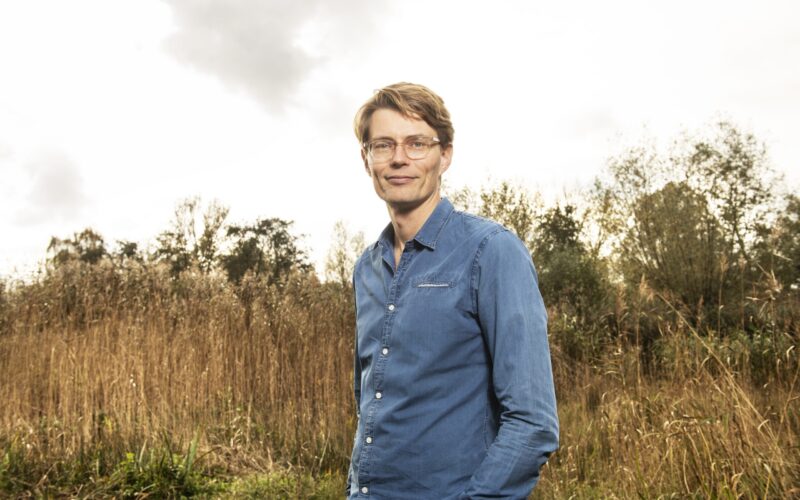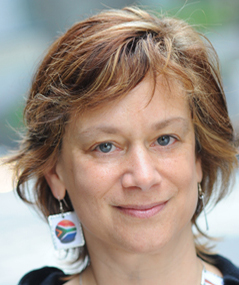What we learned in 2023 about cooling the planet, food as medicine, regenerative renaissance, indigenous knowledge and decommodification
As we are wrapping up 2023 we look back at a year which feels even crazier than 2022. Another war has started and we have been flooded literally with extreme weather events. Every month seems to have been the warmest, driest, wettest etc. in history! Let’s look at what we covered and learned in the podcast!
